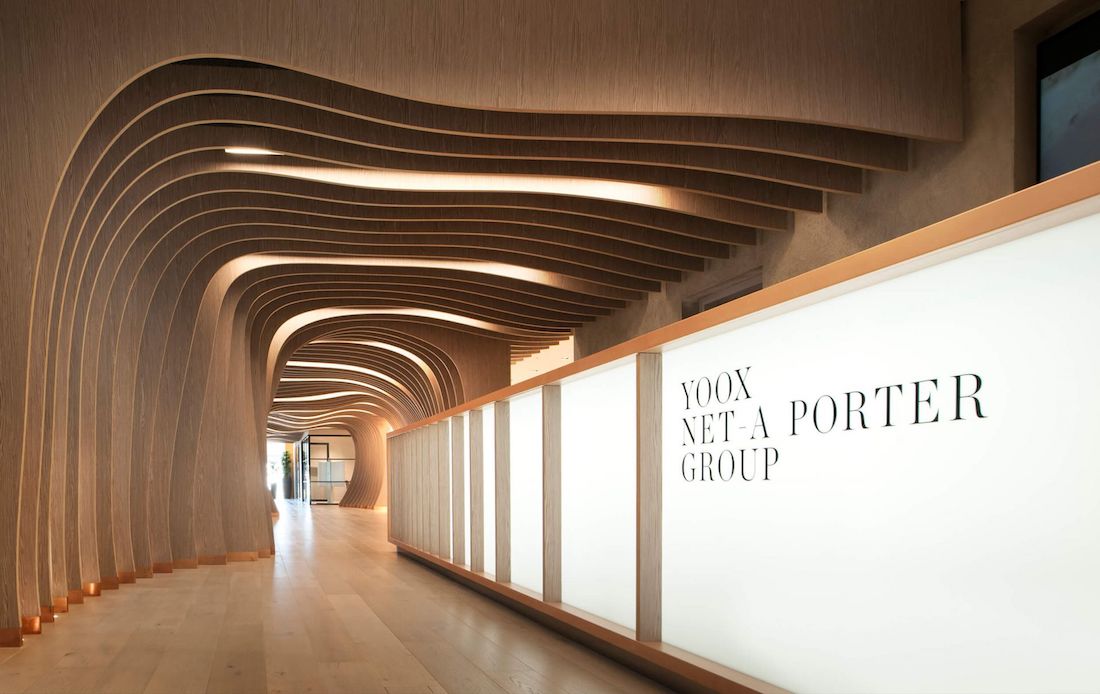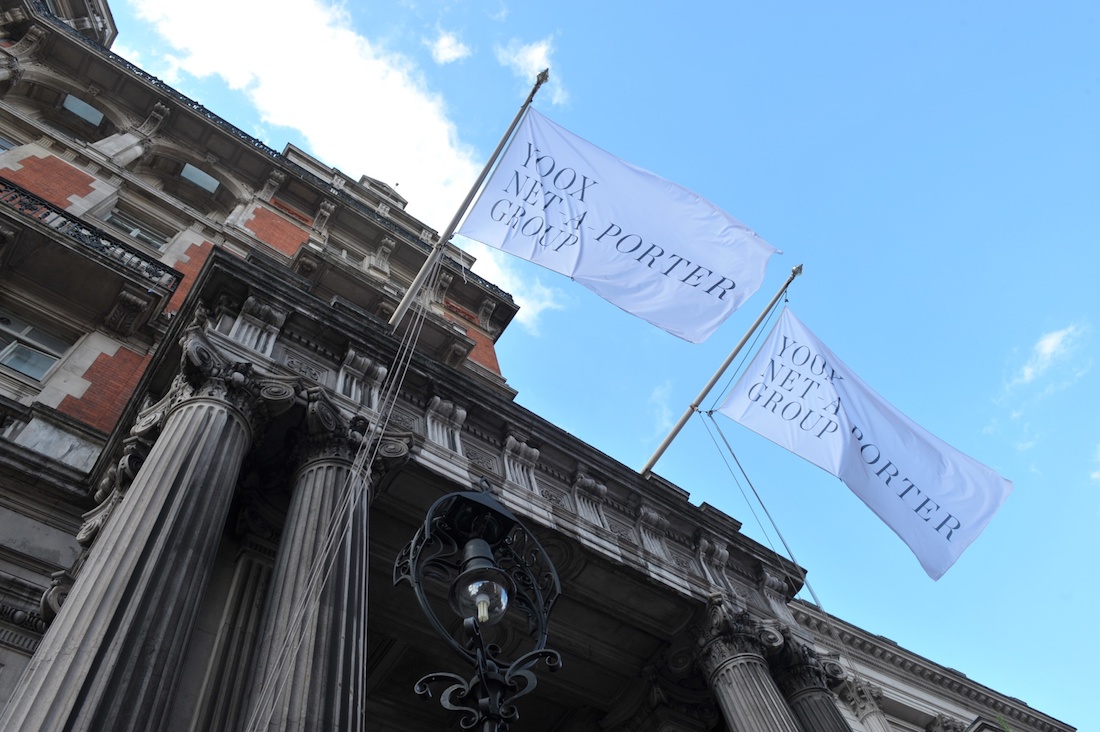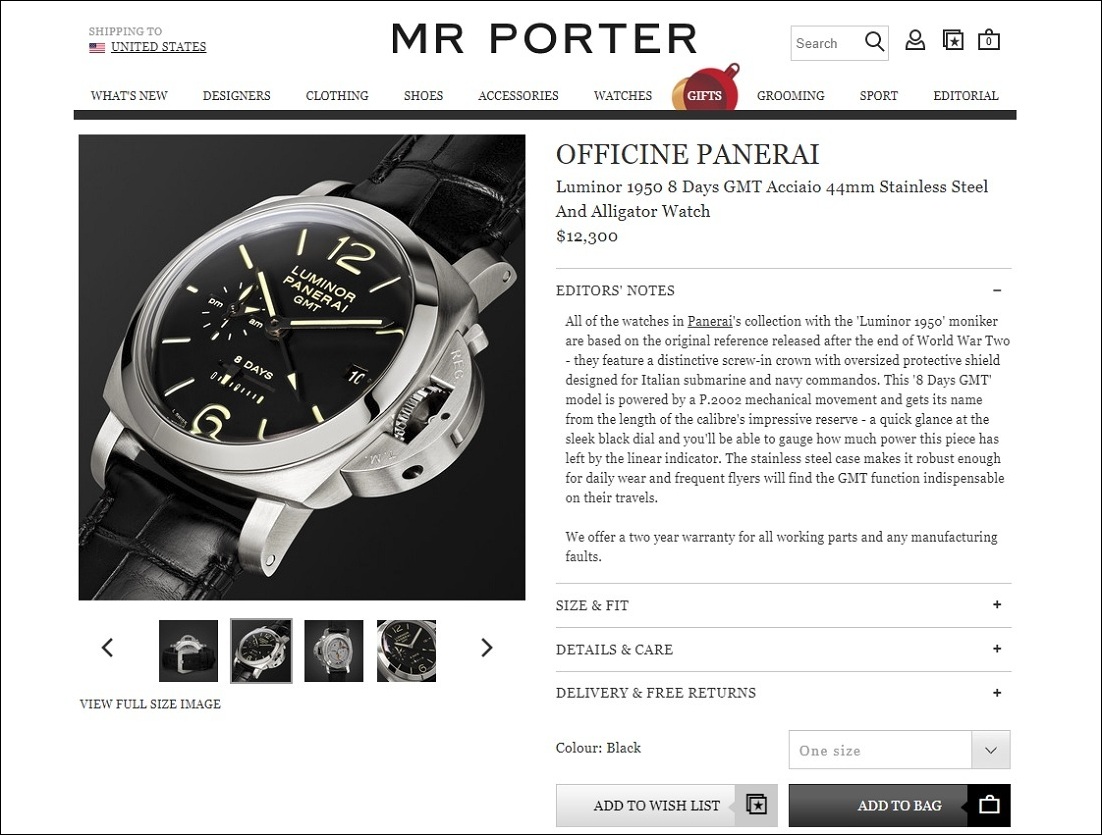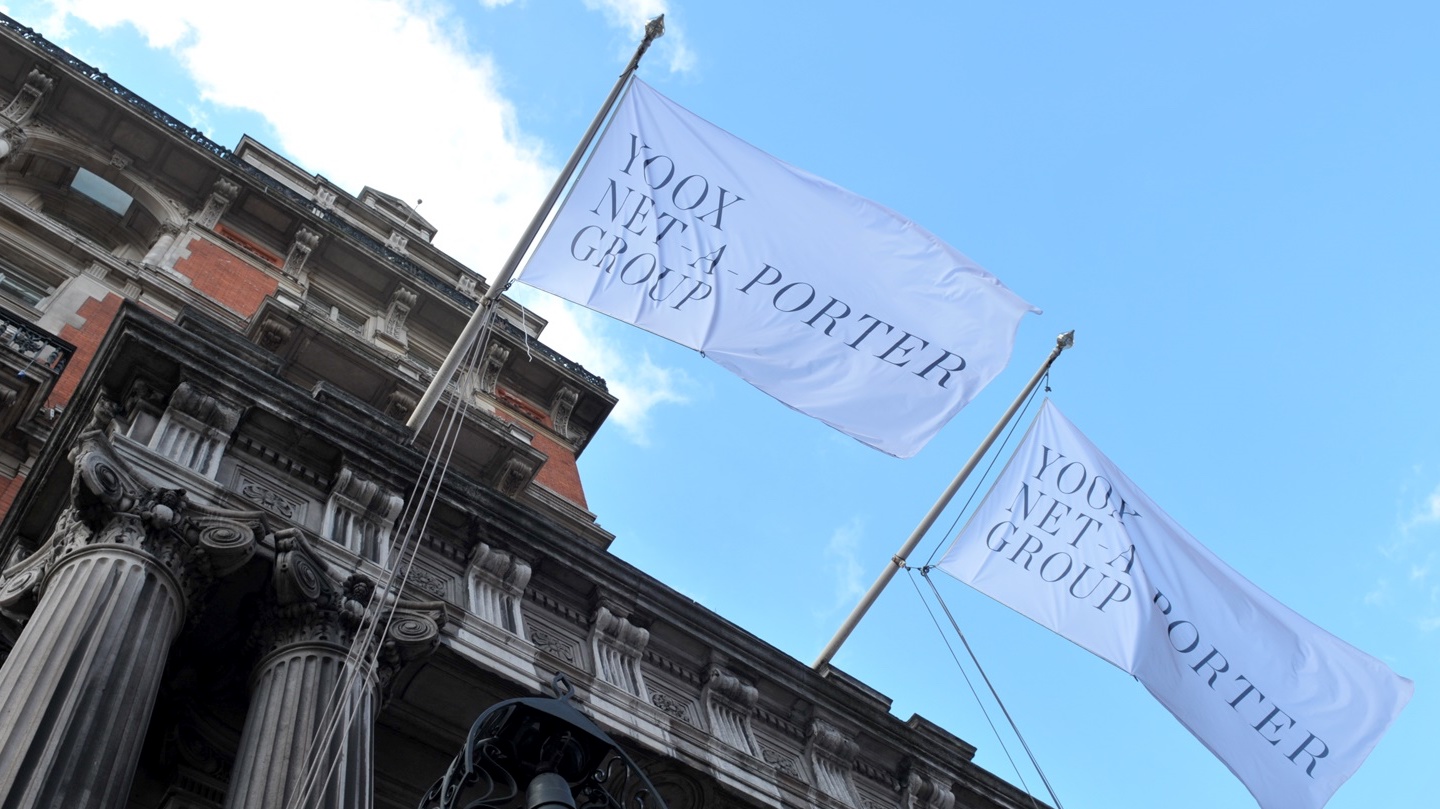
Still warm after its major watch and jewelry industry trade show, SIHH 2018, the Richemont Group just announced what appears to be an indication that it will be moving to take back full control of the Net-A-Porter Group. Originally founded in 2000 by former fashion journalist Natalie Massenet, Net-A-Porter is considered the pioneer in luxury retail online, and has since both grown and launched a number of other multi-brand stores as well as dedicated online stores for a number of fashion brands. In 2002, the luxury watches, jewelry, and other goods conglomerate Richemont Group began its relationship with Net-A-Porter by investing in the luxury e-commerce retailer and acquiring 25% ownership and voting rights in the company. Net-A-Porter went on to grow and in 2010 the Richemont Group increased its position in Net-A-Porter by purchasing 93% of the company.

Image source: drapersonline.com
Ironically, Richemont Group did not ever seem to utilize the strengths of Net-A-Porter or its various businesses to help its watch and jewelry sales or marketing efforts. As Net-A-Porter and later Mr. Porter (launched in 2011) became successful examples of how to vend high-end goods online, the vast majority of Richemont Group brands – including but not limited to Cartier, Montblanc, Panerai, Vacheron-Constantin, A. Lange & Sohne, Piaget, IWC, and more – abstained from e-commerce or effective online marketing in most all means (until much more recently, if at all). To me and others, this lack of realizing the potential synergy between its own e-commerce company, Net-A-Porter, and its various luxury watch brands was both confusing and indicative of group struggles to modernize sales and distribution in the watch and jewelry industry.

In 2015, Richemont removed itself as the controlling shareholder in Net-A-Porter by selling most of the company to the Italian Yoox Group, a strong company in e-commerce retail, led by Mr. Federico Marchetti. The 2015 deal had Net-A-Porter sold for just under a billion British Pounds, which at the time was considered by some a low price. Even more controversial was the ousting of Net-A-Porter’s founder Natalie Massenet after the Yoox Net-A-Porter merger closed. Many of the questions as to why Net-A-Porter was sold for a relatively low price as part of a “secret deal” may now be emerging as it appears that Richemont will retake control of Net-A-Porter in the near future.
Richemont recently submitted a shareholder letter announcing its “intention to launch a voluntary public tender offer for Yoox Net-A-Porter Group ordinary shares.” Following up that Federico Marchetti has already made an “irrevocable” promise to accept the offer in respect to selling all of his shares to the Richemont Group. The share purchase offer from Richemont was for 38 Euros per share. Much of the share purchase agreement letter seems for the most part to be a formality to Richemont Group shareholders as well as to satisfy various legal requirements. In all respects it appears that the deal to have Richemont purchase back its majority interest in Net-A-Porter seems to be a sure thing.

Is it possible that Richemont intended for Yoox to build up the Net-A-Porter brands to ripen it for re-acquisition later on? Possibly. Part of the original sale agreement to Yoox was that such an event would not happen for three years. Now three years later Richemont has exercised its right to attempt to buy shares again, which is exactly what it is doing if I understand the details correctly. The question now is what Richemont intends to do with Net-A-Porter, and its various brands.
Net-A-Porter includes both multi-brand stores such as net-a-porter.com and mrporter.com (related aBlogtoWatch article here), as well as single-brand e-commerce stores that it operates, such as armani.com, jilsander.com, and many others. Analysts agree that companies such as Net-A-Porter were highly innovative in getting luxury online retail started, but also point out that today multi-brand e-commerce stores are dominated by single-brand stores for a variety of reasons. In regard to luxury watch sales, Mr. Porter is among the few multi-brand online stores to be an authorized dealer of luxury watches – including some from Richemont brands. With that said, in the years since Richemont sold its interest in Net-A-Porter, many of its brands launched their own e-commerce stores, however, executives from many of the watch brands who have launched e-commerce stores remark that online sales direct to consumers are still a marginal part of their businesses. Luxury watch brands today are still heavily invested in wholesale distribution to brick-a-mortar retailers – for better or worse.

It is entirely possible, perhaps likely, that Richemont will use Net-A-Porter and its current companies not as a venue to sell luxury watches, but rather for their managerial and administrative talent and experience. Richemont Group brands have often struggled to expand beyond the design and production of watches into areas such as effective e-commerce management and online marketing, and that’s especially true for men’s items. It would be a smart use of Net-A-Porter to act as an e-commerce management tool to help distribute luxury watches online, without many of the headaches that Richemont has experienced from trying to accomplish this with resources internally at the various, mostly Swiss watchmakers.

